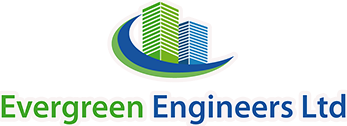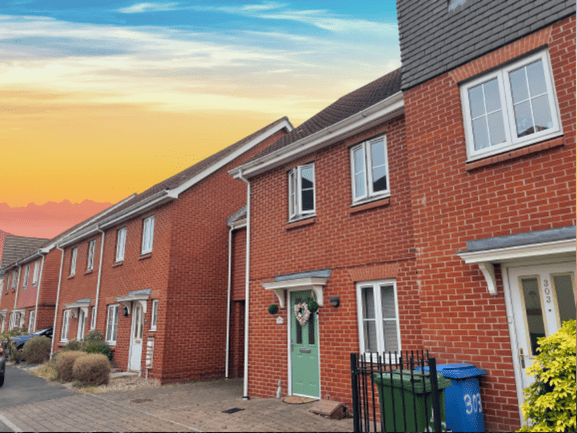As the world progresses toward more sustainable and energy-efficient practices, the concept of smart buildings has gained prominence. Smart buildings incorporate advanced technologies, automation, and data-driven systems to optimize energy consumption, enhance occupant comfort, and reduce environmental impact. The rapid adoption of smart building technologies has led to the emergence of smart building certifications, which aim to standardize and recognize sustainable and intelligent building practices. In this article, we will delve into the world of smart building certification, exploring its significance, key features, benefits, challenges, and the impact it has on shaping the future of the built environment.
1. What is Smart Building Certification?
Smart building certification is a voluntary process that evaluates a building’s performance and design based on predefined criteria of sustainability, energy efficiency, resource management, indoor air quality, and overall occupant well-being. These certifications are often provided by independent organizations that have developed rigorous assessment frameworks to promote and reward buildings that meet high standards of environmental responsibility and technological integration.
2. Importance of Smart Building Certification
The importance of smart building certification lies in its ability to address the pressing challenges of the built environment:
a. Sustainability: Smart building certifications encourage the use of sustainable construction materials, renewable energy sources, and efficient water management systems, reducing a building’s carbon footprint.
b. Energy Efficiency: The integration of smart technologies allows for optimized energy usage, reducing operational costs and conserving valuable resources.
c. Occupant Comfort and Productivity: Smart buildings enhance the comfort and well-being of occupants through improved indoor air quality, temperature regulation, and lighting control, thereby positively impacting their productivity.
d. Economic Benefits: Certified smart buildings often experience increased property value, reduced operational expenses, and improved marketability.
e. Environmental Benefits: By reducing energy consumption and emissions, smart building certification contributes to mitigating climate change and preserving natural resources.
3. Key Smart Building Certification Programs
Several organizations around the world have developed smart building certification programs. Some of the most notable ones include:
a. LEED (Leadership in Energy and Environmental Design): Developed by the U.S. Green Building Council (USGBC), LEED is one of the most widely recognized green building certification systems. It assesses a building’s performance in various categories, such as sustainable site development, water efficiency, energy and atmosphere, materials and resources, indoor environmental quality, and innovation in design.
b. BREEAM (Building Research Establishment Environmental Assessment Method): Originating in the UK, BREEAM evaluates the environmental performance of buildings based on criteria like energy and water usage, waste management, transportation, and ecological impact.
c. Green Star: This Australian rating system focuses on sustainable building practices, energy efficiency, and the environmental impact of construction projects.
d. WELL Building Standard: Concentrating on occupant health and well-being, the WELL certification emphasizes indoor air quality, lighting, thermal comfort, and the integration of nature in the built environment.
e. DGNB (German Sustainable Building Council): A comprehensive certification system from Germany, DGNB considers ecological, economic, sociocultural, and functional aspects of sustainability.
4. Benefits of Smart Building Certification
a. Credibility and Recognition: Smart building certification provides recognition and validation for sustainable and technologically advanced building designs and practices.
b. Cost Savings: By optimizing energy consumption and resource management, certified smart buildings can experience significant cost savings in the long run.
c. Improved Marketability: Certified smart buildings have a competitive advantage in the real estate market, attracting environmentally-conscious tenants and investors.
d. Enhanced Occupant Satisfaction: Smart building features like personalized comfort settings and improved indoor air quality contribute to higher occupant satisfaction and well-being.
e. Long-term Sustainability: Smart building certification fosters long-term sustainable practices and encourages continual improvement in building performance.
5. Challenges and Future Perspectives
While smart building certification has numerous advantages, it also faces some challenges:
a. Initial Costs: Implementing smart technologies and sustainable practices can incur higher upfront costs, deterring some building owners from pursuing certification.
b. Technological Complexity: Integrating various systems and ensuring their seamless operation may require specialized expertise, adding complexity to the certification process.
c. Changing Standards: Smart building technologies and environmental standards continuously evolve, requiring certification programs to adapt accordingly.
d. Global Adoption: Ensuring the widespread adoption of smart building certification programs globally is crucial for maximizing their impact on sustainable development.
e. Data Privacy and Security: As smart buildings gather and process data, maintaining data privacy and cybersecurity becomes essential to protect occupants and building systems.
Conclusion
Smart building certification plays a pivotal role in shaping the future of the construction and real estate industries. By promoting sustainable and intelligent building practices, these certifications not only contribute to environmental conservation but also enhance occupant comfort and well-being while offering economic benefits to building owners. As technology advances and awareness of sustainability grows, smart building certifications will continue to gain significance, driving the transformation toward a more sustainable and efficient built environment.
For more information you can can contact us or call us at 07500242494 / 020 3129 5156.

